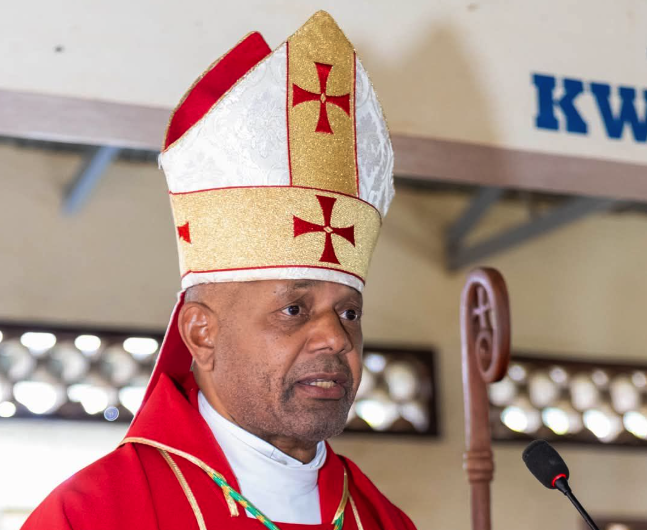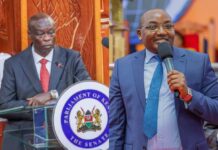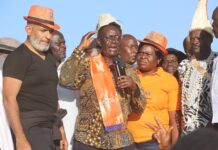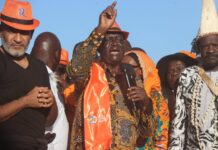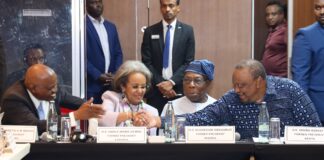A growing rift between religious leaders and politicians has taken center stage as churches across Kenya move to deplatform political figures from using pulpits for personal and partisan gain.
In a bold directive, Rt. Rev. Willybard K. Lagho, Bishop of the Catholic Diocese of Malindi, has emphasized that places of worship should remain sacred and free from political influence.
In a statement addressed to priests and the laity, Bishop Lagho warned against turning churches into political arenas, stressing that no worshiper, including politicians, should be accorded special seating or given time to address congregants. The bishop further criticized entitlement-seeking leaders who notify churches of their attendance in advance, labeling such actions as self-serving and disruptive to the sanctity of worship.
Churches Pushing Back Against Political Intrusions
For years, churches have served as key platforms for politicians to appeal to the public, often using Sunday services to push political narratives, build alliances, or showcase financial generosity. However, recent directives from Catholic and Protestant leaders signal a shift, with many clergy reinforcing the separation of worship and political spectacle.
Bishop Lagho’s stance echoes a growing sentiment among religious institutions, which have increasingly sought to curb money laundering and political grandstanding in places of worship. Many church leaders have expressed concerns over the moral implications of accepting large donations from politicians, some of whom face allegations of corruption.
The Tension Between the Pulpit and Politics
The relationship between the church and Kenyan politicians has long been intertwined, with leaders frequently using religious gatherings to gain legitimacy and public favor. However, with increased scrutiny on money laundering, influence peddling, and ethical leadership, clergy are becoming more vocal about the need to preserve the integrity of worship spaces.
Other religious leaders, including the Kenya Conference of Catholic Bishops (KCCB) and the National Council of Churches of Kenya (NCCK), have also issued guidelines barring politicians from addressing congregations during services. Some churches have gone further, rejecting financial contributions from political figures to avoid being complicit in questionable financial dealings.
The Future of Church-Politician Relations
As Kenya approaches another political cycle, the role of religious institutions in either endorsing or distancing themselves from political actors remains crucial. While some church leaders continue to engage politicians behind closed doors on governance and ethical leadership, public platforms are increasingly being off-limits for campaign-style rhetoric.
The latest directive by Bishop Lagho reinforces a broader movement to restore the church’s role as a neutral ground for worship, reflection, and moral guidance, rather than a battleground for political supremacy. Whether this shift will hold in the long run remains to be seen, but for now, churches in Kenya are making it clear: the pulpit is for prayer, not politics.









